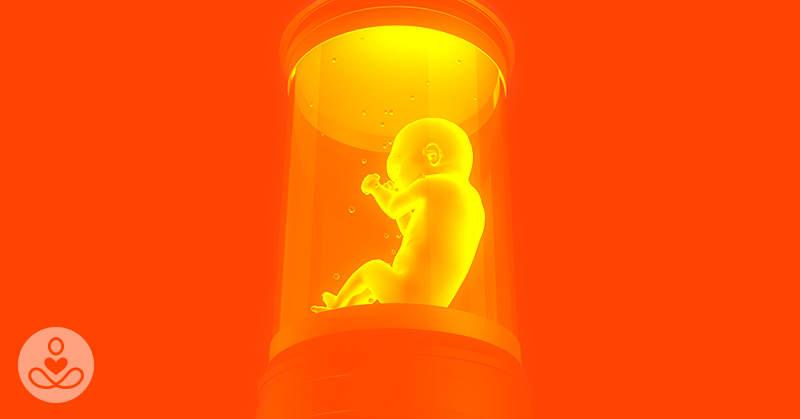Effect of aqueous extract of seed of broccoli on inflammatory cytokines and Helicobacter pylori infection.

PMID:
Inflammopharmacology. 2022 Oct ;30(5):1659-1668. Epub 2022 Jul 13. PMID: 35831736
Abstract Title:
Effect of aqueous extract of seed of broccoli on inflammatory cytokines and Helicobacter pylori infection: a randomized, double-blind, controlled trial in patients without atrophic gastritis.
Abstract:
The purpose of this study was to investigate the anti-inflammatory effect of an aqueous extract of seed of broccoli (AESB) in Helicobacter pylori (HP)-infected patients without atrophic gastritis. This was a double-centre, randomized, double-blind, controlled study. A total of 110 HP-infected subjects were randomized to receive either AESB or placebo for 2 months. Inflammatory cytokine (IL-8, IFN-γ, TNF-α, CRP, IL-17A, IL-1β, IL-18), pepsinogen I, II (PG I, PG II), and gastrin-17 (G-17) measurements andC-urea breath tests were performed at baseline and at 60 days. At 60 days, there was no significant difference in any of the inflammatory cytokines, pepsinogen or gastrin between the two groups. However, IL-8, IFN-γ, PG I, PG I/PG II ratio (PGR), and G-17 were reduced by 9.02 pg/mL, 5.08 pg/mL, 24.56 ng/mL, 1.75 and 0.3 pmol/L, respectively, in the AESB group compared with baseline (all P 0.05). No treatment-related adverse events were reported. Thus, AESB may reduce the risk of gastric mucosal lesions and decrease the risk of gastric cancer by relieving inflammatory cytokines. The safety profile of AESB was satisfactory. This study is registered with the Chinese Clinical Trials Registry (Registration No. ChiCTR2100054249).




